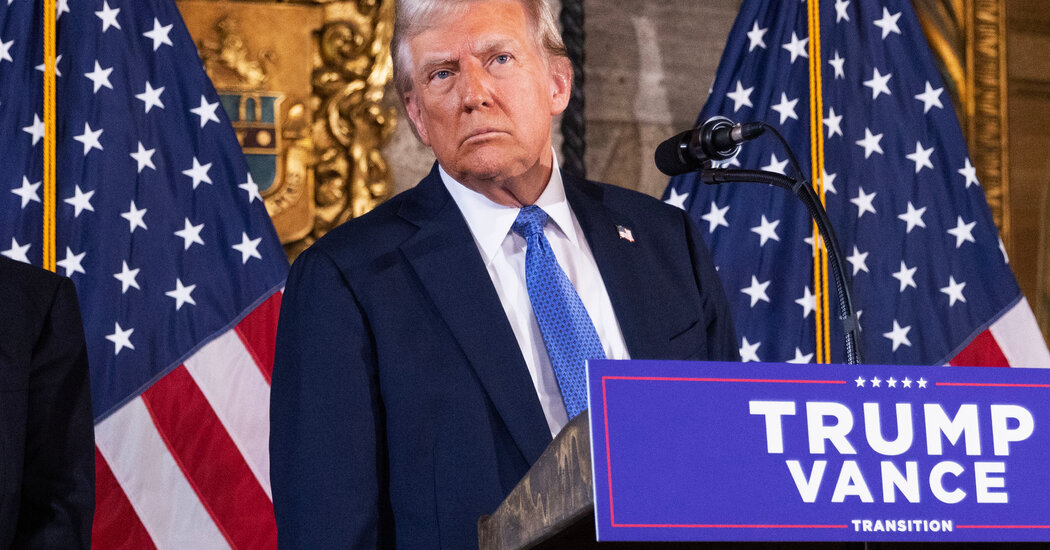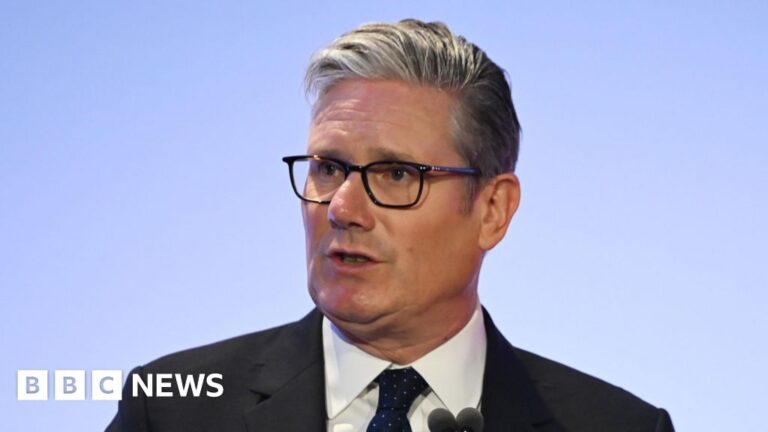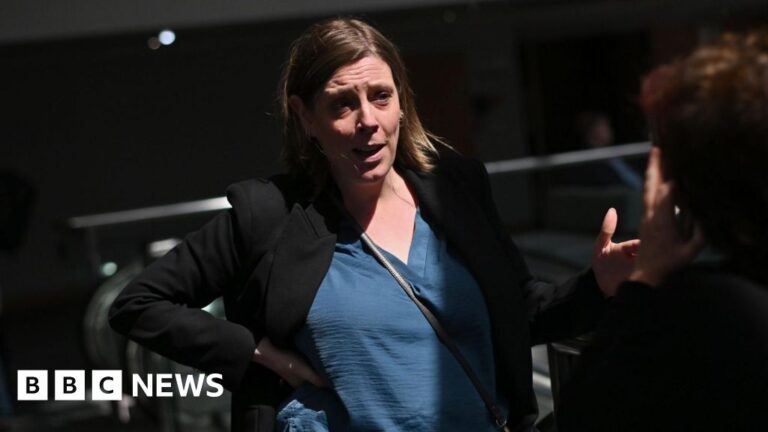As President-elect Donald J. Trump prepares for his inauguration, some of the legal cases that spilled out of Mr. Trump’s first presidency will follow him into the second. Mr. Trump has signaled he plans to fight to postpone the scheduled sentencing for his criminal conviction, set by Justice Juan M. Merchan of the New York Supreme Court for Friday. In social media posts this weekend, Mr. Trump railed against the justice, saying that he should be disbarred.
Mr. Trump was convicted of 34 felony counts of falsifying business records in connection with a 2016 election-year hush-money payment to a porn actress who said she had a sexual liaison with him. Justice Merchan made clear that even if the sentencing were to go forward, he would not recommend any kind of prison sentence or home confinement. In announcing the sentencing date, the judge signaled he planned to give Mr. Trump an unconditional discharge in the case, allowing him to walk free but leaving him with a criminal record.
The jury verdict is still its own form of punishment for Mr. Trump, a measure of accountability that he remains eager to erase. An unconditional discharge – absent a higher court ruling throwing out the jury verdict – would still formally mark Mr. Trump as a felon, the first president to carry that status into office.
Mr. Trump has argued that a dismissal will “improve public confidence” in the criminal justice system because anything short of a full dismissal will interfere with the presidency. However, Justice Merchan wrote that setting aside the jury verdict “would not serve the concerns set forth by the Supreme Court in its handful of cases addressing presidential immunity nor would it serve the rule of law.”
Source link




